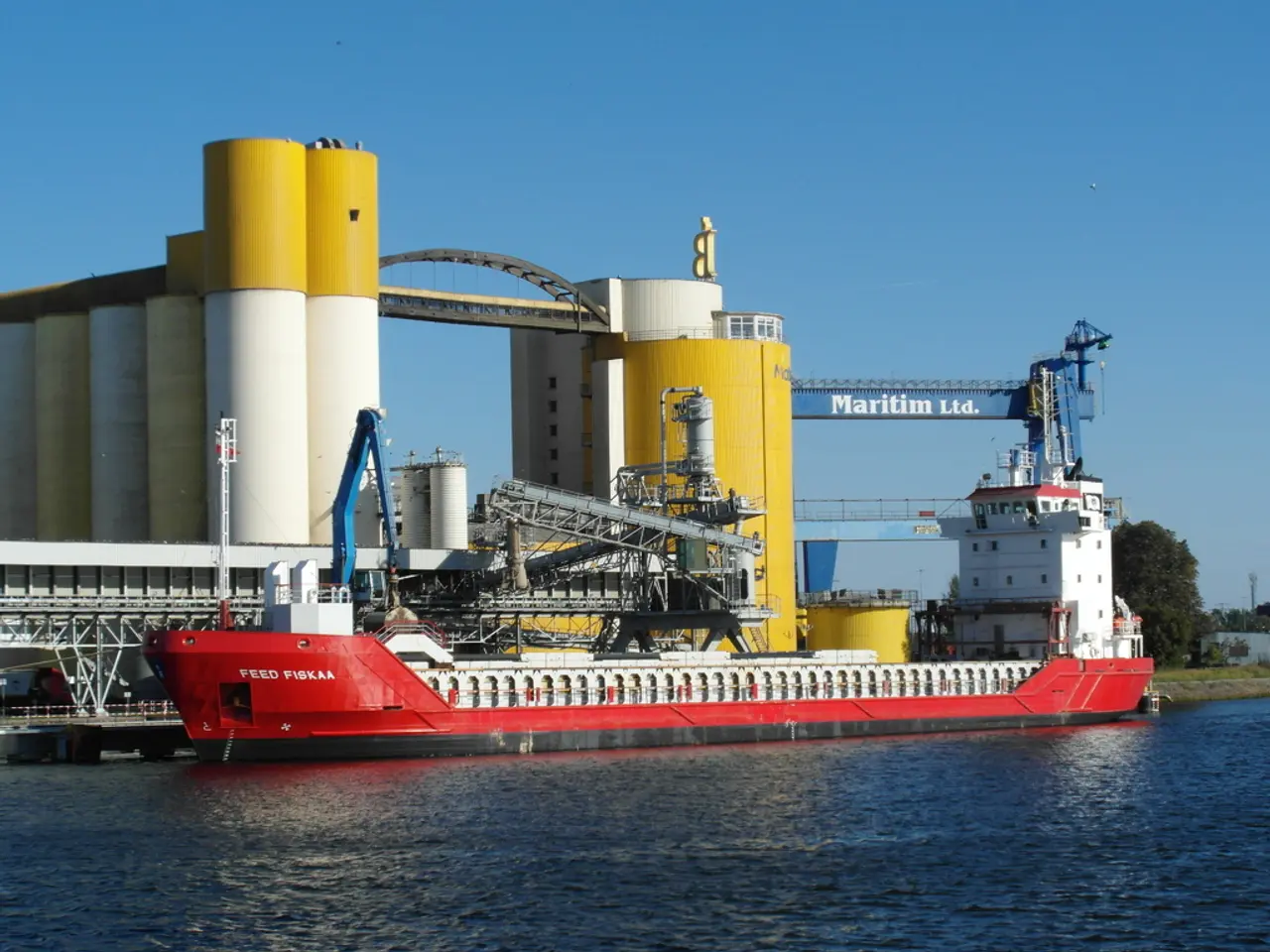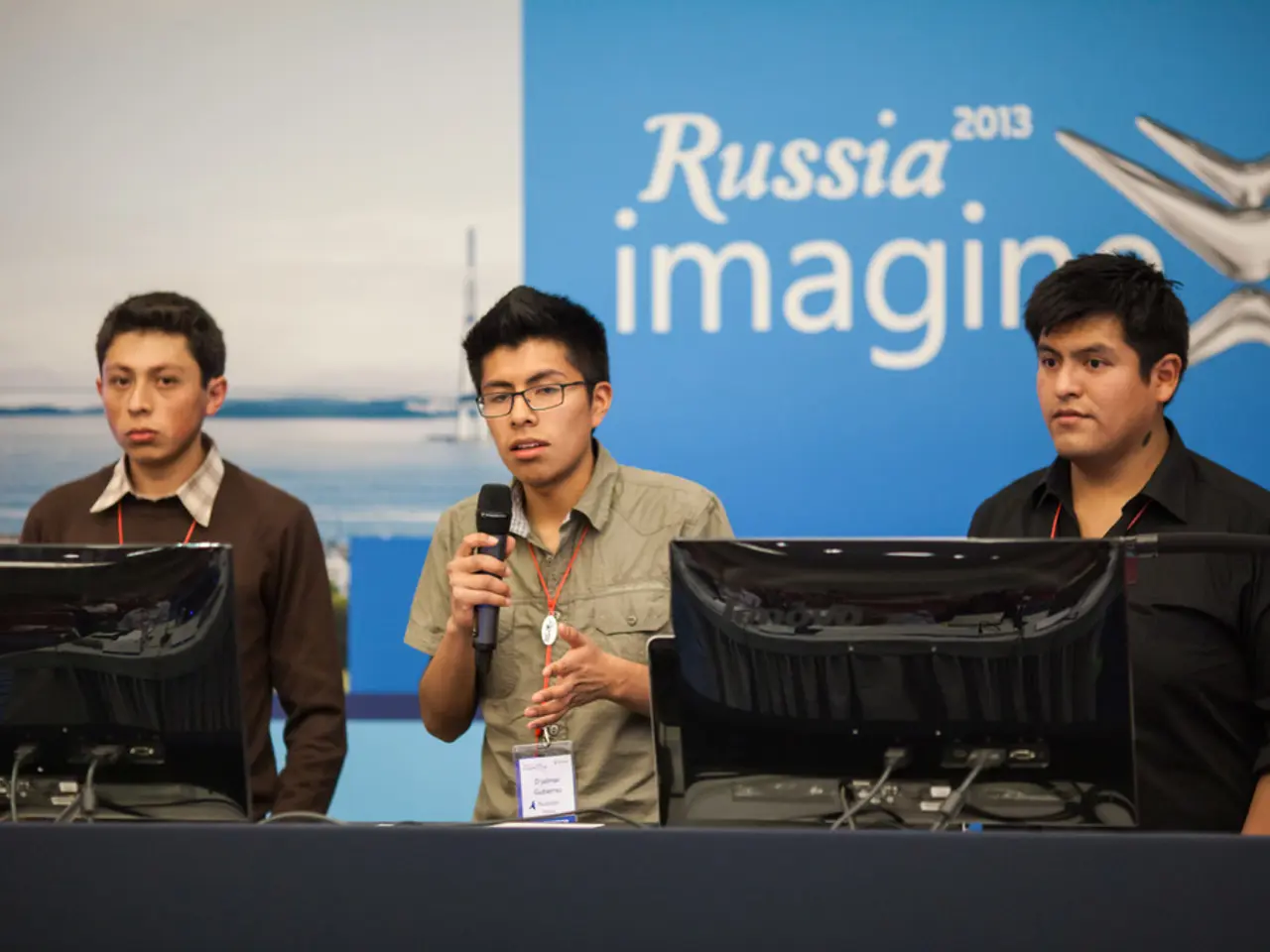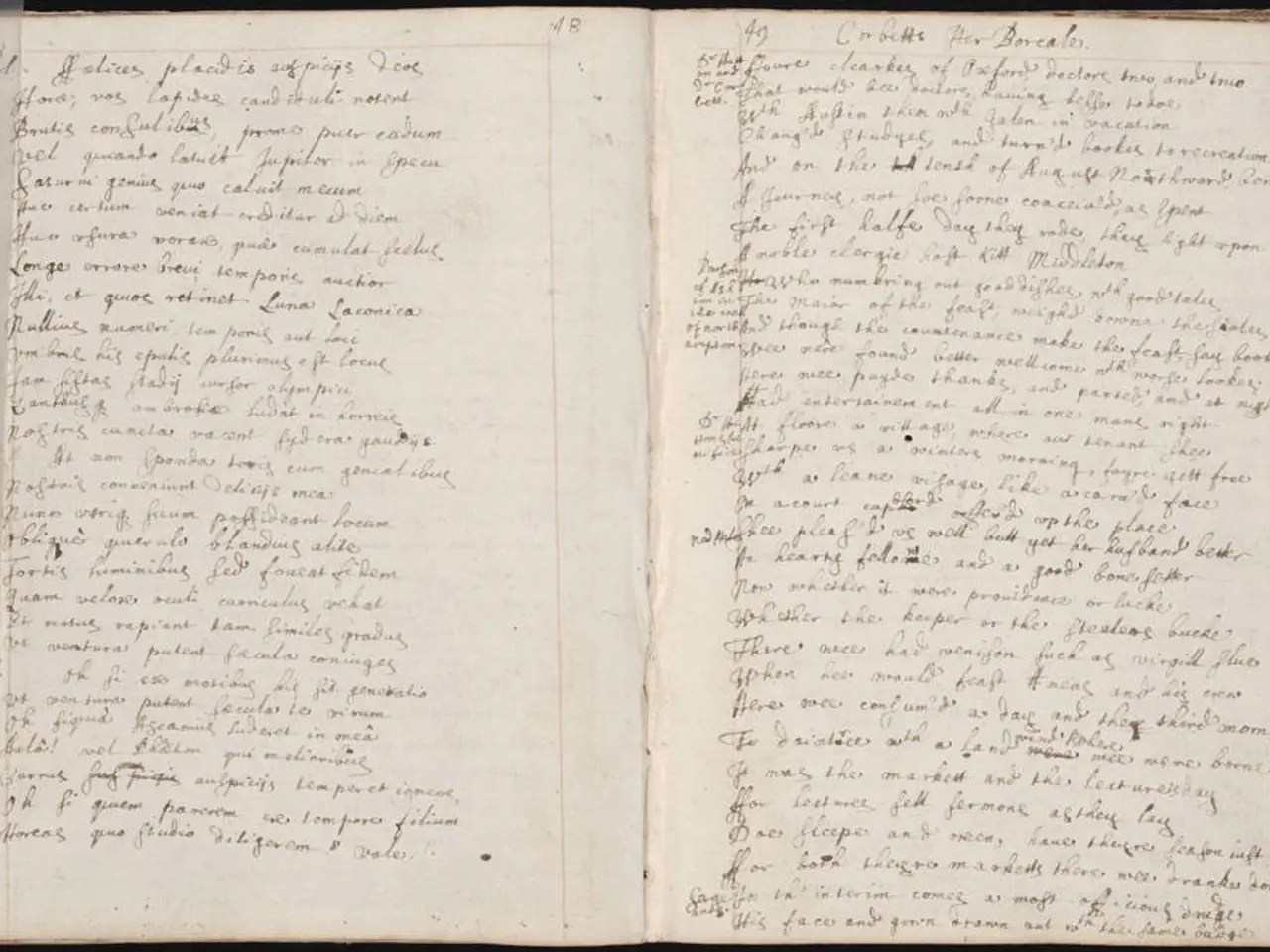United States and Indonesia finalize trade agreement following challenging negotiations
Indonesia and the United States have reached a significant trade agreement, aiming to address the substantial trade imbalance that favours Indonesia. The deal includes increased Indonesian purchases of key U.S. products and a revised tariff rate on Indonesian exports to the U.S.
The increased purchases will focus on three main sectors: Boeing airplanes, energy products, and agricultural products. This means that Indonesia has agreed to significantly expand its imports from the U.S. in these sectors as part of the agreement.
The deal also involves a new 19% tariff rate on Indonesian exports to the U.S., a move intended to foster more balanced and fair trade between the two nations. This tariff rate is lower than those imposed on other countries in Southeast Asia, according to economist Myrdal Gunarto of Maybank Indonesia.
The U.S. is strategically positioning itself to maintain trade competitiveness in Southeast Asia amid China's influence and the upcoming EU-Indonesia free trade agreement, which could impact U.S. exporters' competitive position in Indonesia's large market of 281 million people.
The agreement was announced after negotiations led by Indonesia's Coordinating Minister for Economic Affairs. Prabowo Subianto, the Indonesian President, described the deal as a "very good call" and a step towards taking trade relations into a new era.
According to Matt Simpson, a senior market analyst at City Index in Brisbane, Australia, the reduced tariff rate of 19% is better than the proposed 32%, and Indonesian non-oil exports such as footwear and textiles will take a hit, but energy and agriculture are set to gain.
The deal comes as part of a small number of agreements reached by the Trump administration ahead of an Aug. 1 deadline for negotiations. The US has agreed to reduce proposed tariff rates on Indonesia's exports from 32% to 19%.
Indonesia's stock index rose as much as 0.7% yesterday following the news of the deal. Officials are pleased because they're in Trump's good books, as stated by Simpson. The deal includes a penalty rate for so-called transshipments of goods from China via Indonesia.
The Indonesia deal is similar to a preliminary pact struck recently with Vietnam, with no levies on US exports to Indonesia. This agreement is a testament to the U.S.'s commitment to strengthening trade relationships and fostering economic growth in the region.
[1] Indonesia-U.S. Trade Deal: Increased Imports and Revised Tariffs [2] U.S. and Indonesia Strike Trade Deal Amidst Competitive Market Dynamics
[1] The revised tariff rate on Indonesia's exports to the U.S., set at 19%, could potentially influence the weather of sports equipment imports, as these sectors are now significantly expanded under the agreement.
[2] Amidst the Southeast Asian trade landscape, marked by China's influence and the EU-Indonesia free trade agreement, the U.S.-Indonesia trade deal focuses on strategic sectors, like Boeing airplanes, energy, and agriculture, impacting the sports that utilize these products.







